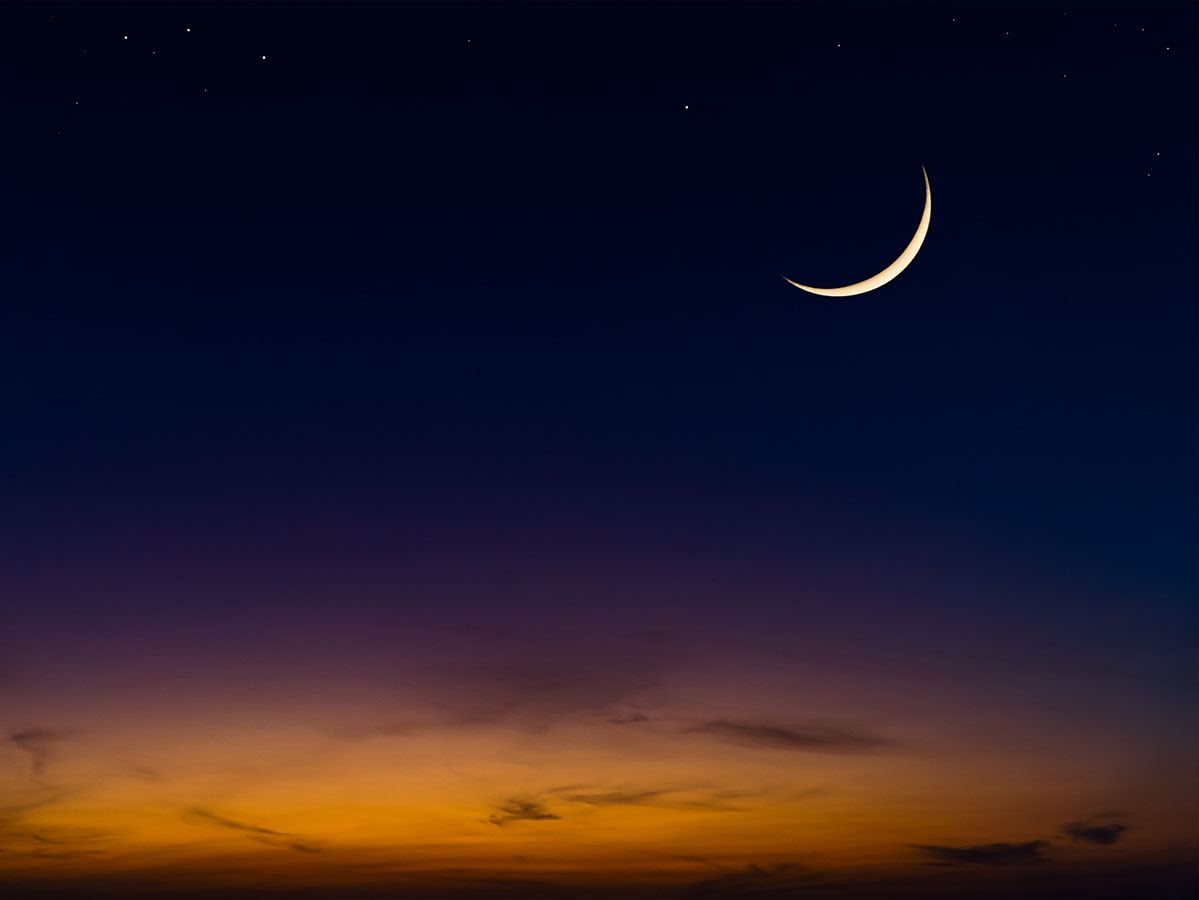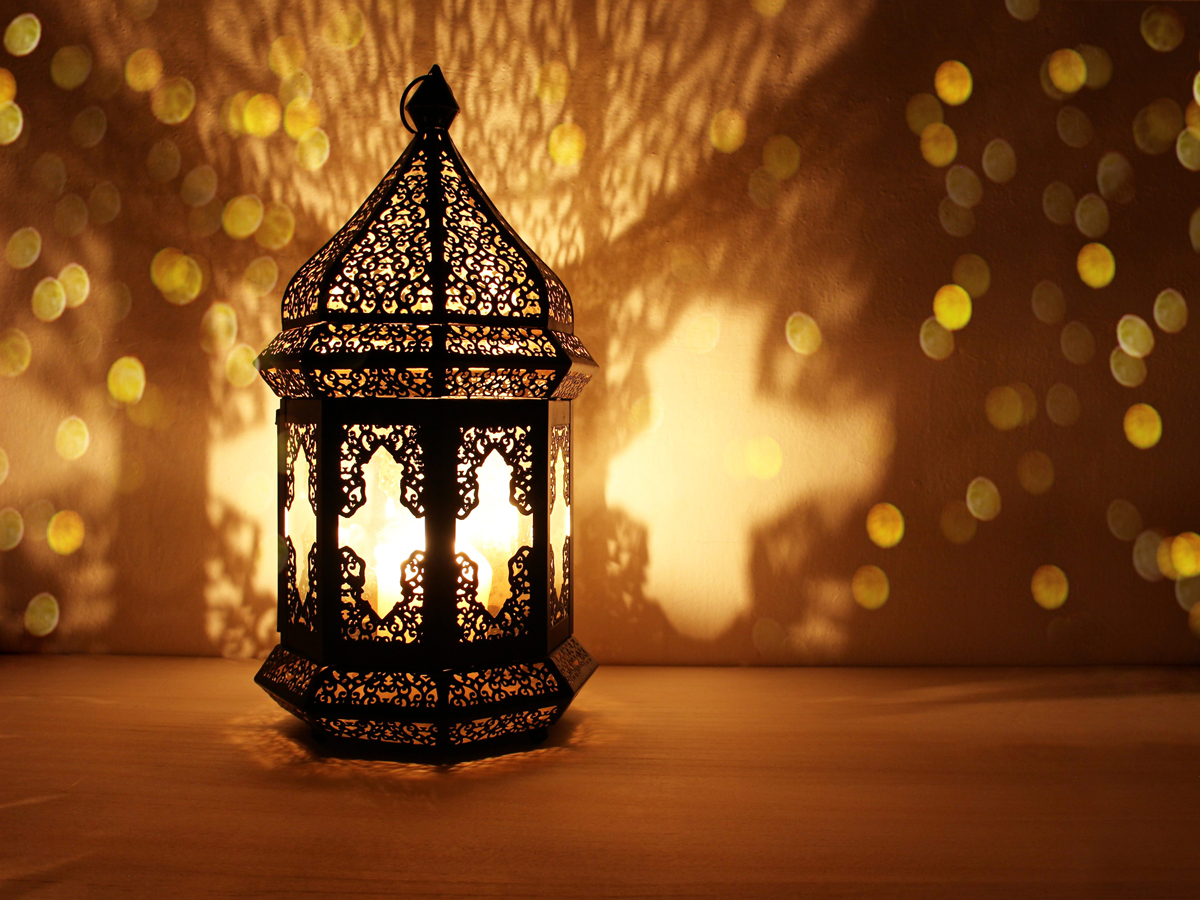Saudi Arabia is about to pass a significant artistic milestone, because its first-ever contemporary arts biennale kicks off on December 11. Running for three months, the event will take place in Diriyah’s post-industrial JAX district, as the Kingdom forges ahead with its cultural transformation.
That transformation is at the centre of the biennale’s ‘feeling the stones’ theme – which is way more thoughtful and appropriate than stone-feeling initially suggests. It’s drawn from a Chinese phrase that China’s revolutionary leader Deng Xiaoping popularised: ‘cross the river by feeling the stones’.
Deng grew China’s economy during the late twentieth century by crossing the ideological river. The country went from closed, tightly controlled markets, to a more liberal and open economy, by carefully and slowly ‘feeling the stones’ in the river. In other words, this debut biennale celebrates change through art.
So, why China? That connection becomes clearer through the biennale’s head curator, Philip Tinari. Tinari is the director of China’s UCCA Center for Contemporary Art, not to mention a wearer of suitably cool spectacles (he’s well worth a quick Insta-stalk).
He says Diriyah Contemporary Art Biennale’s theme allows for an exploration of “how social transformation happens in a way that is iterative yet directional, experimental yet pragmatic”. So, think of this festival as an artistic brainstorm, during which colourful visions for Saudi’s future will be presented.
These visions are primarily the work of local artists. Of the nearly 70 artists taking part, more than a third are from Saudi Arabia. As the biennale’s CEO, Aya Al-Bakree, says: “Cultural exchange is an exciting element of the foundation’s mission. By seeing the work of Saudi artists within an international context – in this instance, a curated major cultural platform – we hope that visitors will understand that Saudi art doesn’t only belong here but is part of a much broader conversation and is a crucial component of today’s global contemporary art world.”

Among the local work on display will be Riyadh native Maha Malluh, whose art explores globalisation and consumerism upon Saudi Arabia. Intrigued by excessive assemblages of seemingly commonplace objects, she once mounted 233 burnt aluminium cooking pots onto the wall at London’s Saatchi Gallery. It made for a strangely beautiful display, so we wouldn’t be surprised if Maha once again employs everyday objects from Saudi life to contemplate the nation’s future.
Maha’s compatriot Omar Abduljawad will offer something entirely different, from the world of architecture and design. The main goal of his work is to disrupt convention and have a social impact, so it’s no wonder he’s been commissioned to consider how the Kingdom can cross its cultural river. Omar has a penchant for geometrical experiments, which he shares with another Saudi at Diriyah.
Daniah Alsaleh sees geometry as a tool for communication, as well as a visual companion to the inner workings of computer programmes. She also likes to bring traditional Islamic artistic principles bang up to date by using them to depict contemporary subjects.
Diriyah’s youngest participant is also from Saudi Arabia, 29-year-old Sarah Brahim.
A dancer and choreographer, Sarah blends performance art, video, photography, sound, and installations, but it all comes back to the body. It’s exciting to imagine what she might bring, but no doubt it will take the concept of ‘feeling the stones’ more literally than most.
Beyond Saudi artists, you’ll find the likes of Tavares Strachan. Born in the Bahamas, Tavares likes to position himself where politics, art and science meet. He’s pretty literal, as he wrote political messages in neon. They are things of beauty – if he is planning similar work for Diriyah, it would be something to behold.
Finally, look out for Germany’s Wolfgang Laib. In 2013, he filled New York’s MoMA with incandescent hazelnut pollen, because he opts to work with mediums that convey purity.
We can’t wait to see what these artists deliver.
December 11-March 11, JAX District, Al Diriyah, biennialfoundation.org.









